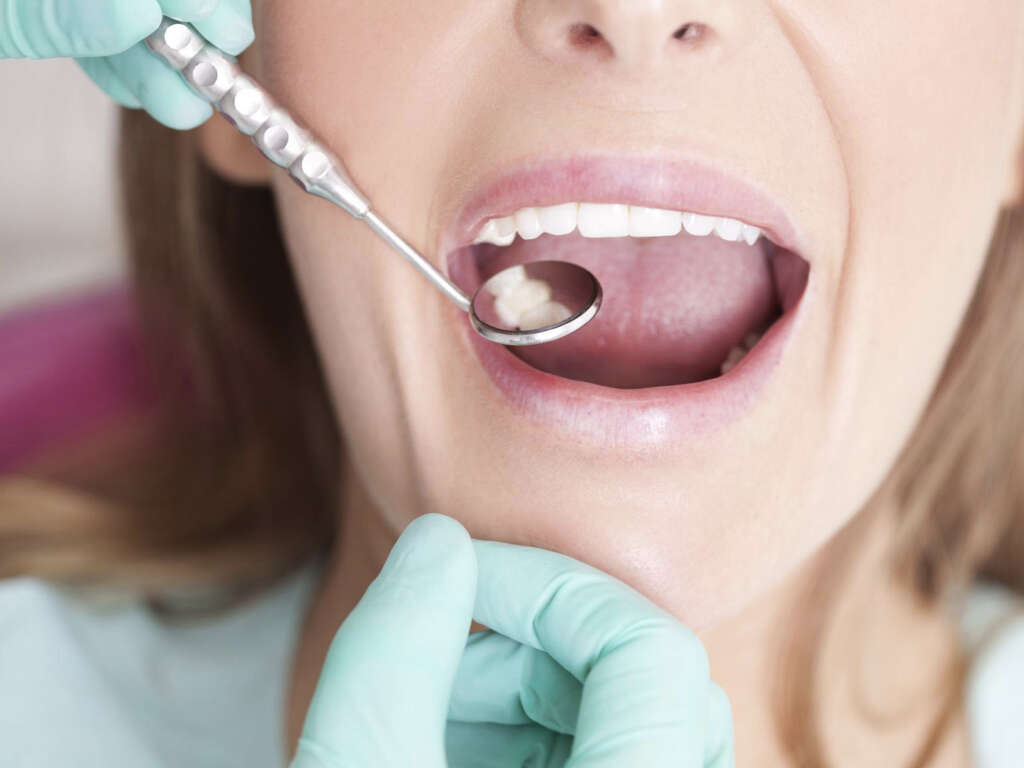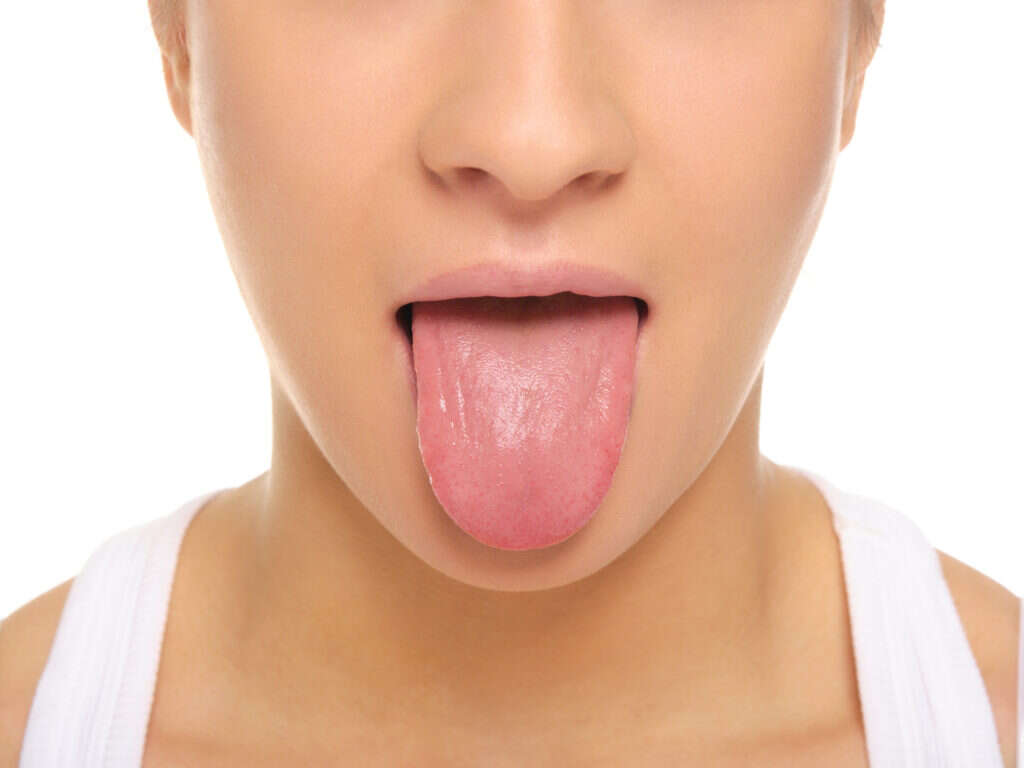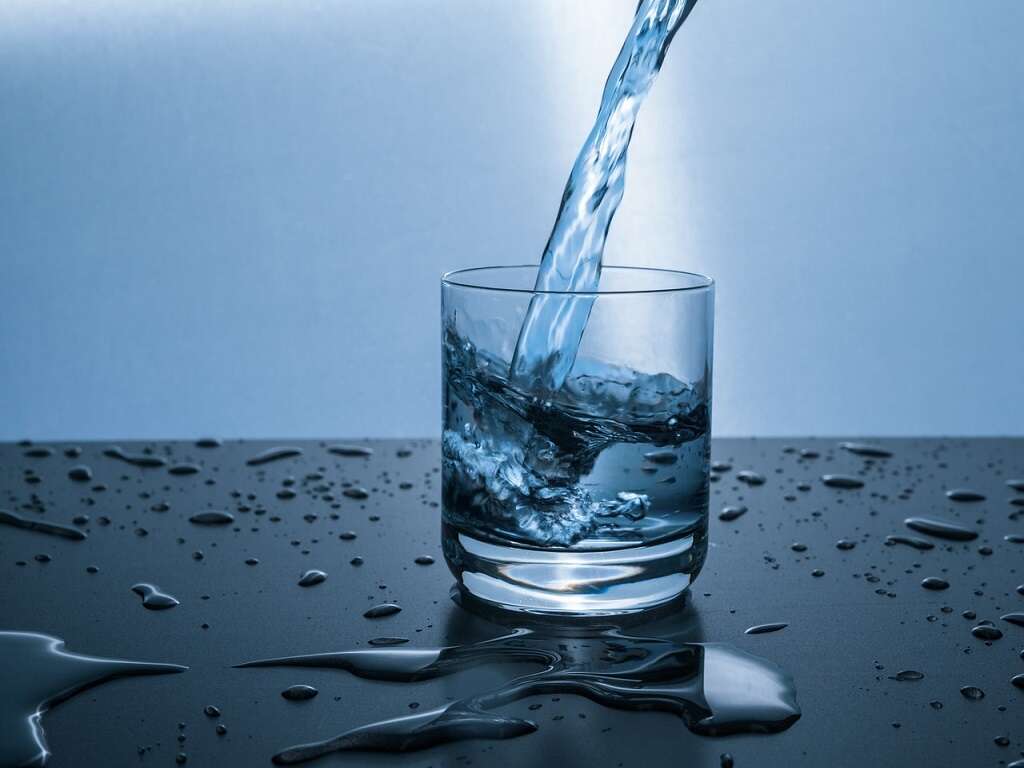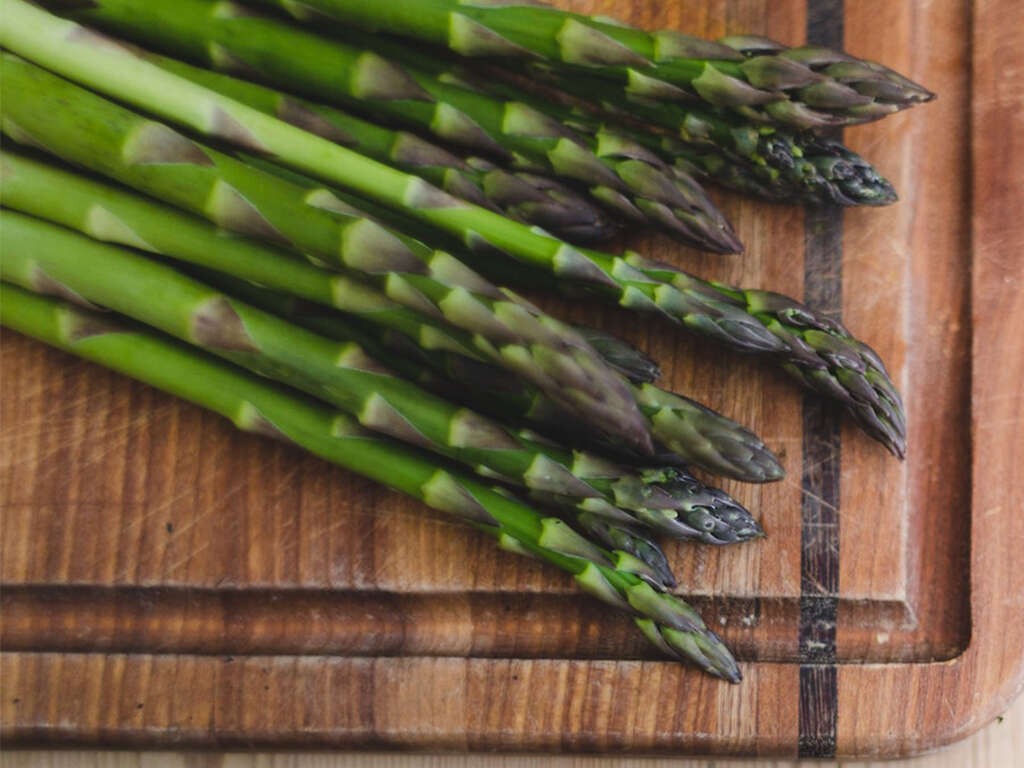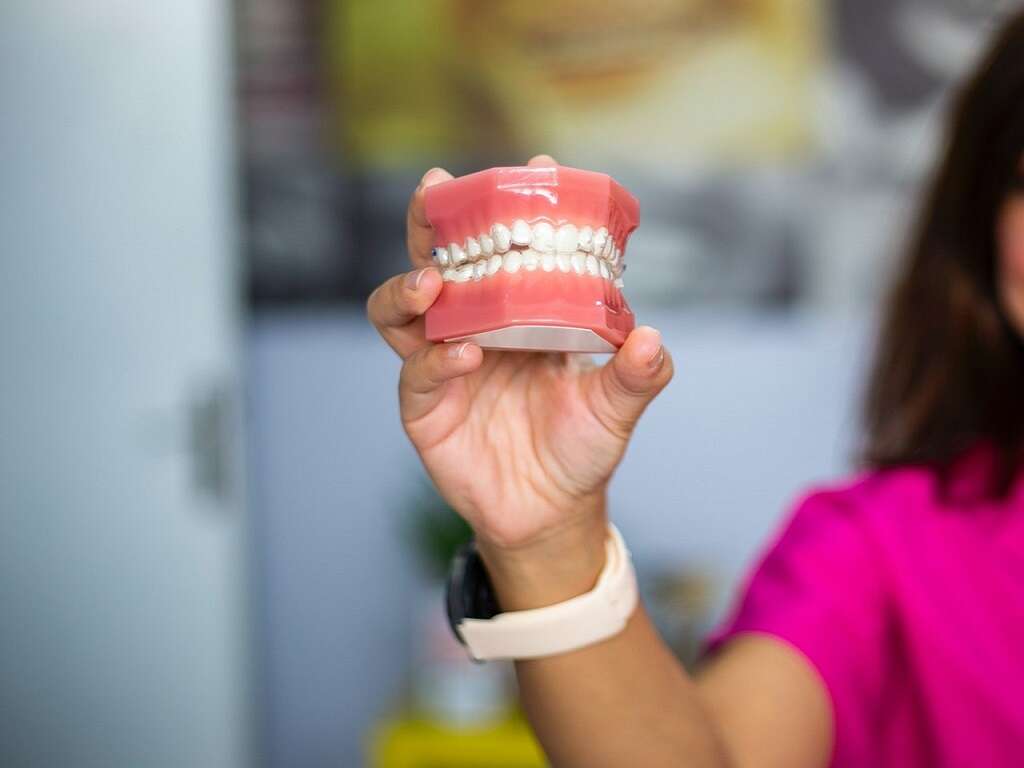10 Home Remedies For Dry Mouth
Dry mouth or xerostomia has been thought to be due to reduced salivary flow, change in the composition of saliva, or has no identifiable cause. It is a common side effect of various medications.
Often seen among the older population, this has been attributed to the fact that this population tends to take more medications compared to others. Xerostomia or dry mouth is also seen among individuals who breathe through their mouth, in dehydration, and those who are undergoing radiotherapy or chemotherapy, especially when it involves the salivary glands. There are also several diseases that can result in a dry mouth.
Xerostomia can result in complications such as dental caries, oral candidiasis, acid erosion, bad breath, sialadenitis (salivary gland infection), altered taste sensation, dysphagia (trouble swallowing), fissured tongue, and dry lips. Based on conservative estimates, about 20 percent of the population is affected, with higher prevalence among females and the older population. Below are 10 home remedies for dry mouth.
Home Remedy #1: Hydration
Staying hydrated is one of the most important factors of having a healthy lifestyle. The general recommendation is 8 glasses of water a day.
Since various studies have found that dehydration may play a role in contributing to dry mouth, increasing fluids or water intake can be an effective home remedy for individuals who experience dry mouth. This is especially true for those who live in dry or hot climates, those involved in sports, or those who are experiencing loss of fluids (such as during a fever, diarrhea, or vomiting).
Home Remedy #2: Avoiding Caffeine
Caffeine is a stimulant of the central nervous system. It is the commonest consumed psychoactive substance that is also legal and unregulated. It can be found in the leaves, nuts, or seeds of plants that are native to South America, Africa, and East Asia. Beverages containing caffeine can help to improve performance and reduce drowsiness.
As of 2014, as many as 85 percent of Americans consume caffeine daily. While it many have some benefits, caffeine can also cause sleep disruption, increased heart rate, higher blood pressure, and increase urine output. This means that caffeinated beverages can cause dehydration, resulting in a dry mouth.

Home Remedy #3: Avoiding Alcohol
Alcohol is an organic compound and originally refers to ethanol. It is the main alcohol present in alcoholic beverages. Alcohol reduces the production of the anti-diuretic hormone, which functions to reabsorb water. This leads to increased urine production.
Excessive alcohol consumption can also cause vomiting, which results in further dehydration. Avoidance of alcohol can help reduce the severity of xerostomia. Those who still opt to drink can alternate between alcoholic beverages and a glass of water to reduce the severity of xerostomia.
Home Remedy #4: Sugarless Gum or Candy
Chewing gum is a substance that is soft and cohesive that is meant to be chewed without being swallowed. It is usually composed of sweeteners, gum base, and softeners. Both sugarless gum and candy can be an effective home remedy for dry mouth as it can provide short-term relief.
Some sugarless gum also contains xylitol that may also be beneficial as it helps stimulate saliva production. Besides that, xylitol also helps to reduce plaque and cavities. Sugarless candy can include lozenges and cough drops.
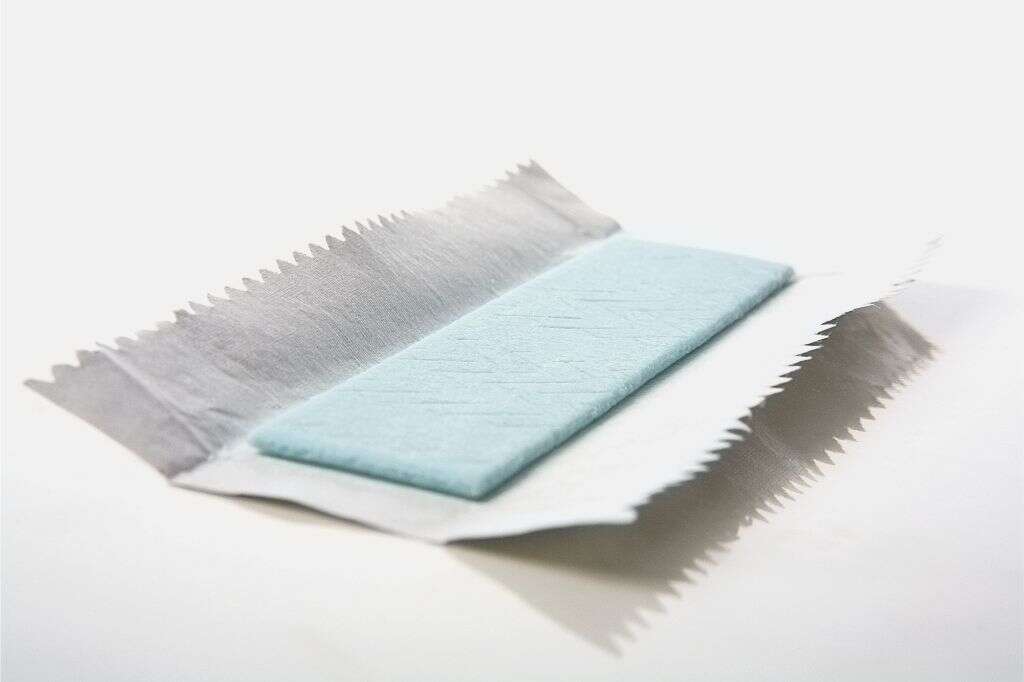
Home Remedy #5: Alcohol-Free Mouthwash
A mouthwash is a liquid that is gargled around the mouth to help reduce the microbial load in the mouth. There are also some mouthwashes that are used for their antifungal, analgesic, or anti-inflammatory purposes.
Alcohol-free mouthwash or some rinses can be an effective home remedy for dry mouth as it acts as a saliva substitute by keeping the mouth moist and reducing the acidity in the oral cavity. Individuals who experience dry mouth should avoid mouthwash that contain alcohol as it can increase dryness.
Home Remedy #6: Humidifier
Adding a humidifier to the environment can be an effective home remedy for dry mouth especially if it is due to open mouth breathing during sleep. Increasing the humidity in the environment has been proven to moderately improve the symptoms of dry mouth.
The humidifier should be placed in an area where the affected individual spends most of their time. Besides improving the symptoms of dry mouth, it also benefits those with dry skin, sore throat, and cough.
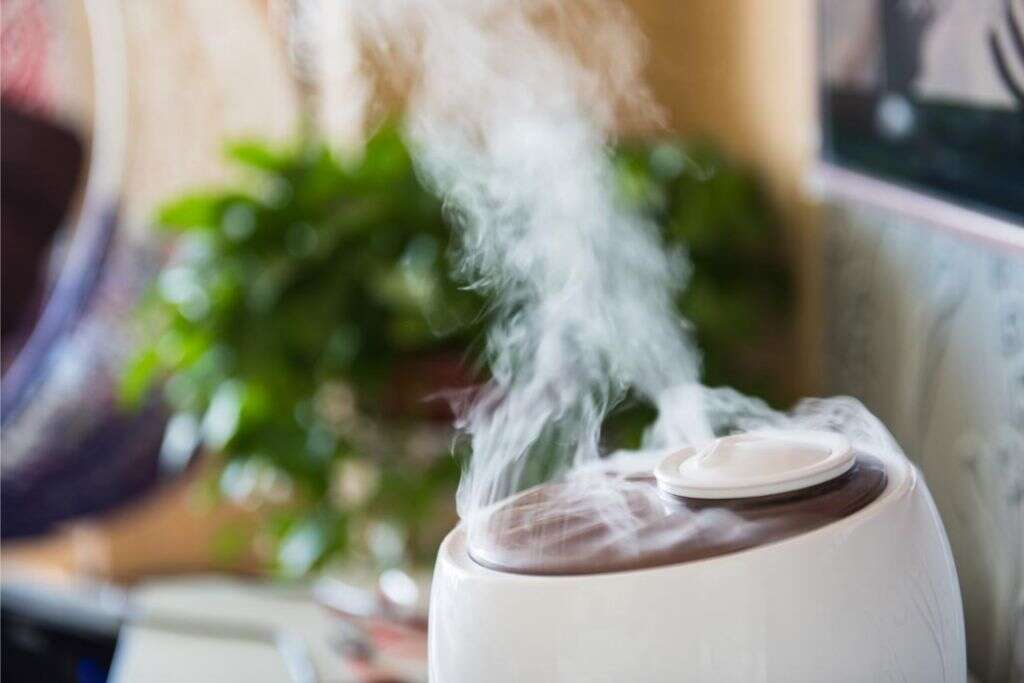
Home Remedy #7: Ginger
Ginger is a root plant that is widely used as a spice for culinary purposes. It has also been widely used in various traditional or folk medicine in the treatment of cough, sore throat, colds, and indigestion. However, these claims have little to no scientific evidence.
It can be an effective home remedy for dry mouth as it is as well-known herbal sialagogue, which means that it can stimulate the production of saliva. The stimulation of saliva production of ginger has been mentioned in various studies.
Home Remedy #8: Nopal Cactus
Nopal cactus or prickly pear is a common ingredient used in Mexican cuisine. The pads of the plant can be eaten cooked or raw in soups, marmalades, salads, and stews. It is often used in traditional medicine and is believed to be beneficial for individuals suffering from high cholesterol levels, diabetes, glaucoma, hangovers, and for obese people.
Its anti-inflammatory properties make it beneficial for ulcers, gingivitis, and periodontitis. A clinical study also found that in combination with sialagogue therapeutics, it was successful as a home remedy for those with dry mouth due to viral aetiologies.
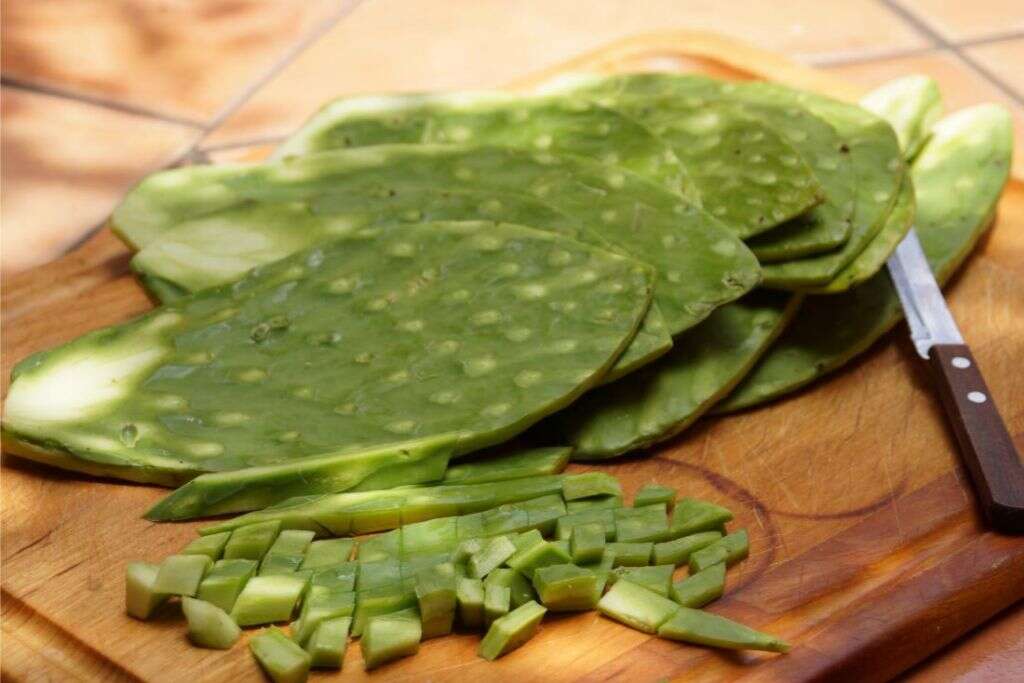
Home Remedy #9: Hollyhock Root
Hollyhock or alcea refers to a genus of flowering plants that are native to Europe and Asia. Popular as garden ornamental plants, they are easily cultivated where the stems can be used as firewood while the roots have been used in traditional or folk medicine. The root can be used as a demulcent and astringent where it is crushed and applied as a poultice.
Hollyhock root can be an effective home remedy for dry mouth as it has moisturizing properties. A study in 2015 found that it may be beneficial for xerostomia, especially if combined with Malva sylvestris.
Home Remedy #10: Marshmallow Root
The marshmallow plant or Althaea officinalis is a plant often used in herbalism. The marshmallow root has been used since ancient Egyptian times. The usefulness of the plant is reflected in the name which has a Greek origin (althein) which means “to heal.”
The plant is often used in folk medicine to relieve mucous membrane irritation such as ulcers in the oral cavity. Since it is an emollient and has moisturizing properties, in a study in 2015, it was found to be beneficial for individuals who suffer from a dry mouth, especially when used in combination with Alcea digitata.



